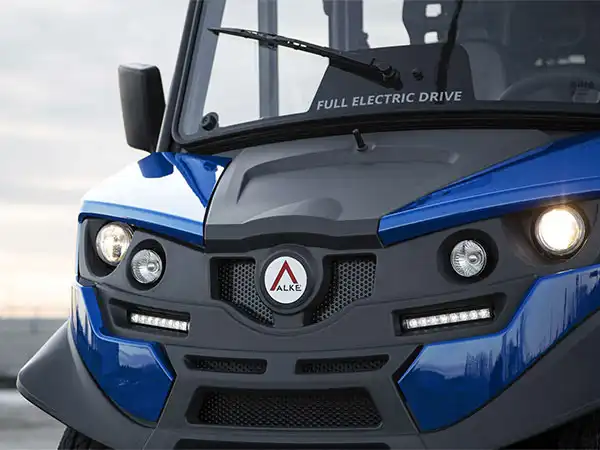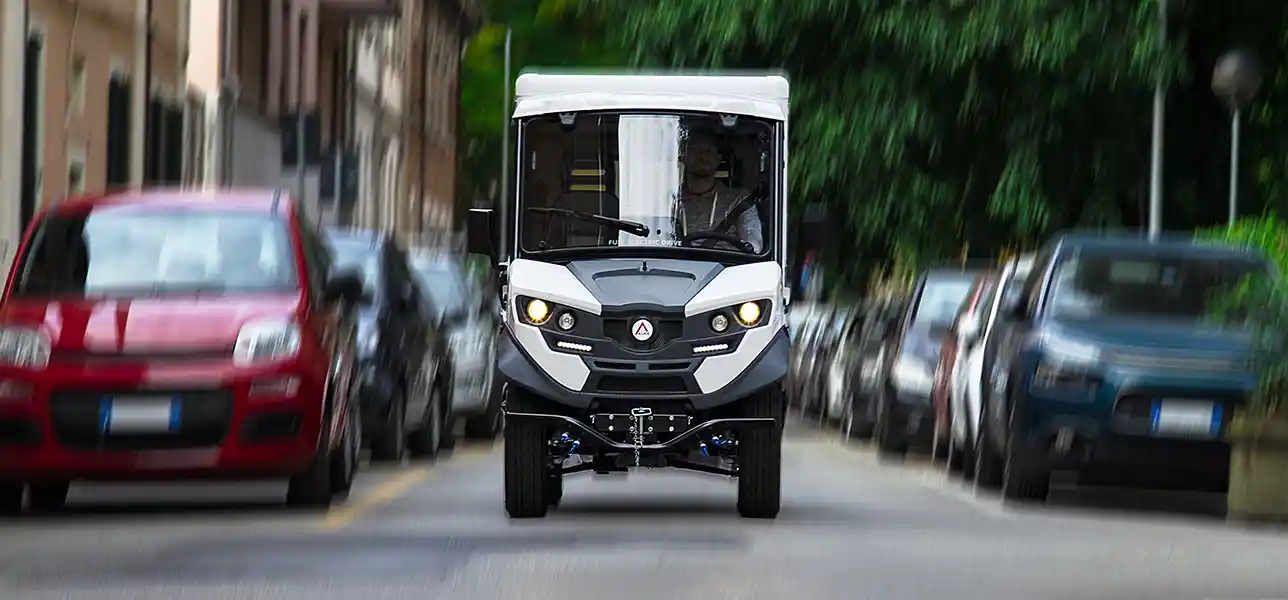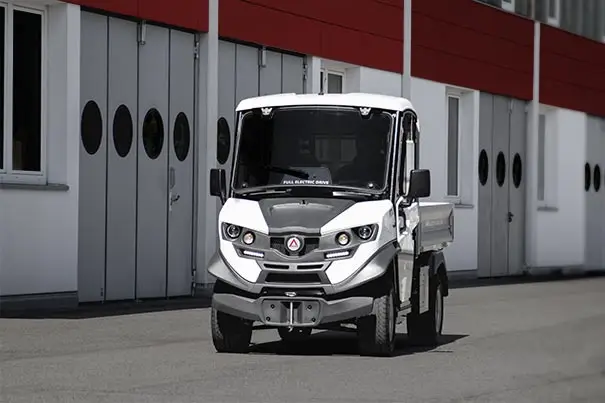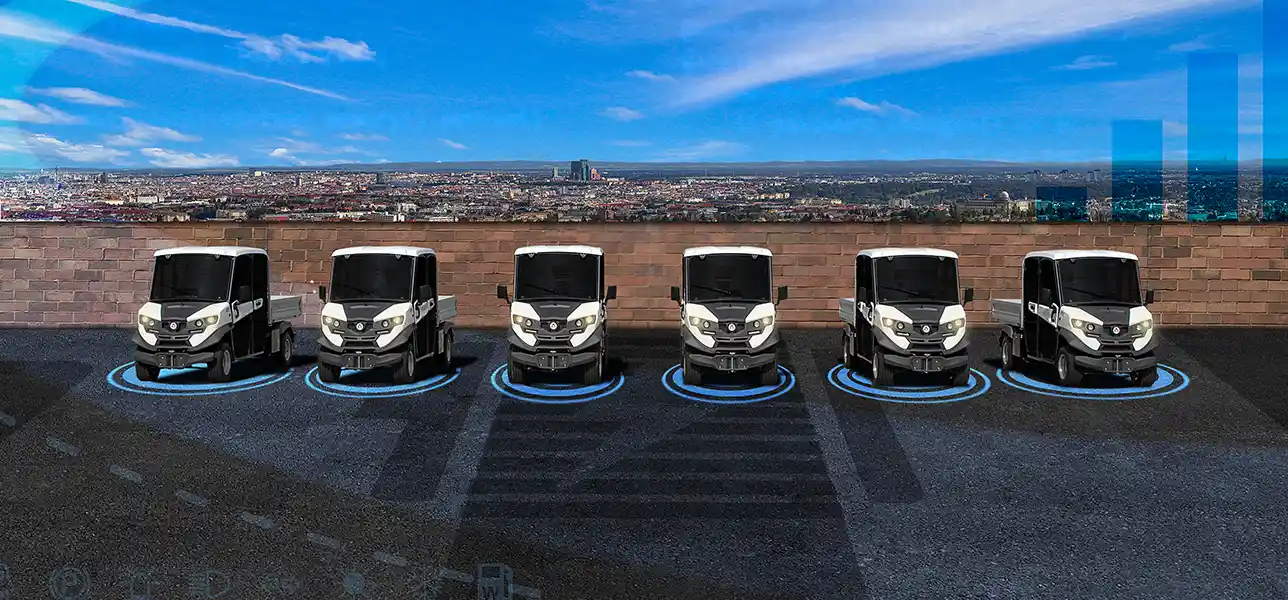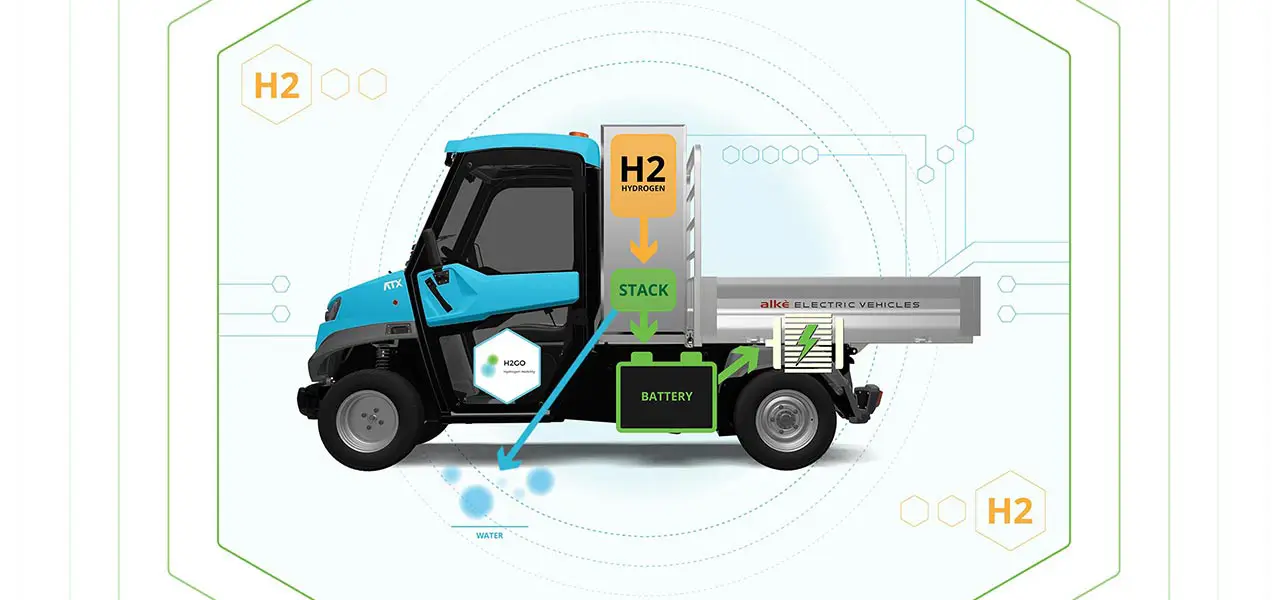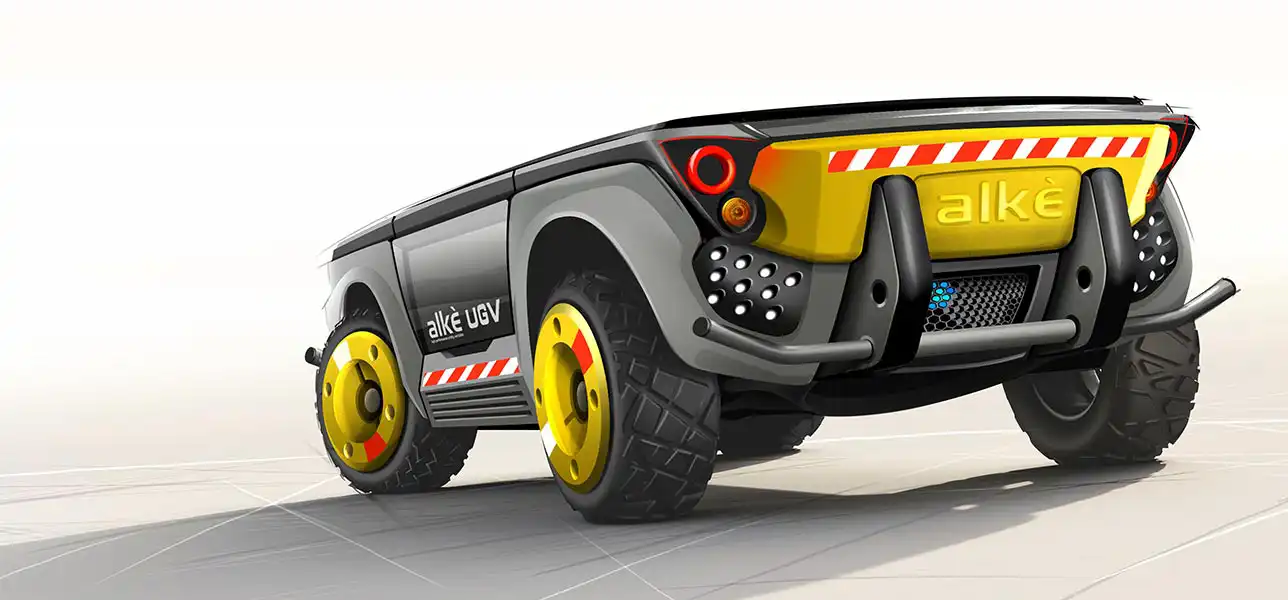Today the electric car is increasingly a reality, but how has it developed over time? And how did Alkè electric vehicles fit in? Several factors have accelerated the development of these vehicles, certainly including lithium batteries.
Some interesting facts about the electric car:
- The battery-powered car was one of the first cars to be created
- In the early 1900s, electric cars sold more than petrol cars
- Today, all major manufacturers have electric vehicles on their price lists
- Alke' has been producing electric vehicles for over twenty years
Electric car: past, present and future
Nowadays, there is a lot of talk about electric motors and sustainable mobility. It seems that this is very recent history, but in fact the battery car was one of the first cars to be created. Between 1832 and 1839, the first electric carriage was made, and in 1835, the first electric car was invented. For a while, in the early 1900s, electric cars sold more than petrol cars, and throughout the 1800s the electric car seemed to be the obvious solution for the future of the automobile. At the beginning of the 20th century, the struggle between the electric and the endothermic became fierce: performance and autonomy rewarded the internal combustion engine, but the electric guaranteed more simplicity, and above all 'cleaner' handling. Over time, however, due to the limited autonomy (at the time it reached just over 30 km), the spread of electrics suffered a setback, and the technology had never been adequately developed. Studies on electric vehicles resumed in the 1990s, leading to the creation of vehicles with high performance and autonomy. Today, all major manufacturers have at least one electric vehicle on their price list.
The development of Alkè electric vehicles
Alkè has been manufacturing electric vehicles for over twenty years. Alkè history as an electric vehicle manufacturer began in 2000 with the AT100E series. In November 2004 Alkè presented the ATX series, an upgraded version of the previous one, with improved aesthetics and performance. In 2010, a new range of vehicles was presented, the XT, with futuristic design and cutting-edge technical solutions, in which the electronic component was enhanced. Since 2011 Alkè has decided to invest exclusively in electric vehicles, concentrating on research and development of solutions for the needs of those who demand performance and cutting-edge answers to sustainable mobility. Alkè launched the new range of ATX vehicles with European type approval for road circulation (category N1) in 2013. 2018 sees the appearance on the market of the ATX3 range, with a totally new design and higher performance than the previous range. From a technological point of view, the ATX3s can be equipped with a body computer that connects all the vehicle's devices to the Alkè cloud platform for real time monitoring of on-board activities and allows remote diagnostics, again real time, in the event of anomalies.
Cloud-connected electric vehicles
The technological development of Alkè electric vehicles is constantly progressing. Today, all Alkè vehicles can be equipped with a Vehicle Body Computer. This system provides the vehicle's main operating data in real time. Through the Alkè Cloud-connected platform, developed specifically for Alkè vehicles, it is possible to have a 360° view of the vehicles, even in real time. This tool, through various available reports, allows a whole series of analyses to be carried out. This makes it possible to optimise daily operations and reduce costs.
An ongoing development: hydrogen-powered electric vehicles
In addition to the all-electric drive, Alkè is working on other types of propulsion. Specifically, we are talking about hydrogen electric vehicles, i.e. electric vehicles with a hydrogen range extender to increase their autonomy. These are hybrid vehicles in which a hydrogen fuel cell is used to generate electricity to power the electric motor and increase the range. This technology undoubtedly offers numerous benefits, including a longer range, shorter charging times and zero emissions. The applications of electric vehicles with hydrogen range extenders can vary, such as: journeys requiring long distances; medium to long-distance freight transport; service activities for municipalities such as daily road maintenance, waste management; off-road use or for special uses such as in remote areas.
UGVs unmanned ground vehicles
The continuous research and development of the company is driven by the desire to provide its customers with advanced solutions in the field of electric mobility. For this reason, Alkè is also experimenting with the realisation of unmanned ground vehicles. The areas of use are numerous, for example, self-driving logistics, optimised intermodal logistics or logistics integrated with smart grids, but also in high-risk situations, such as natural disasters or dangerous situations. Unmanned ground vehicles in the ATEX explosion-proof version, are also used in potentially explosive-hazardous environments and in tunnels. Another area of use is in the delivery of meals, such as in hospitals.

